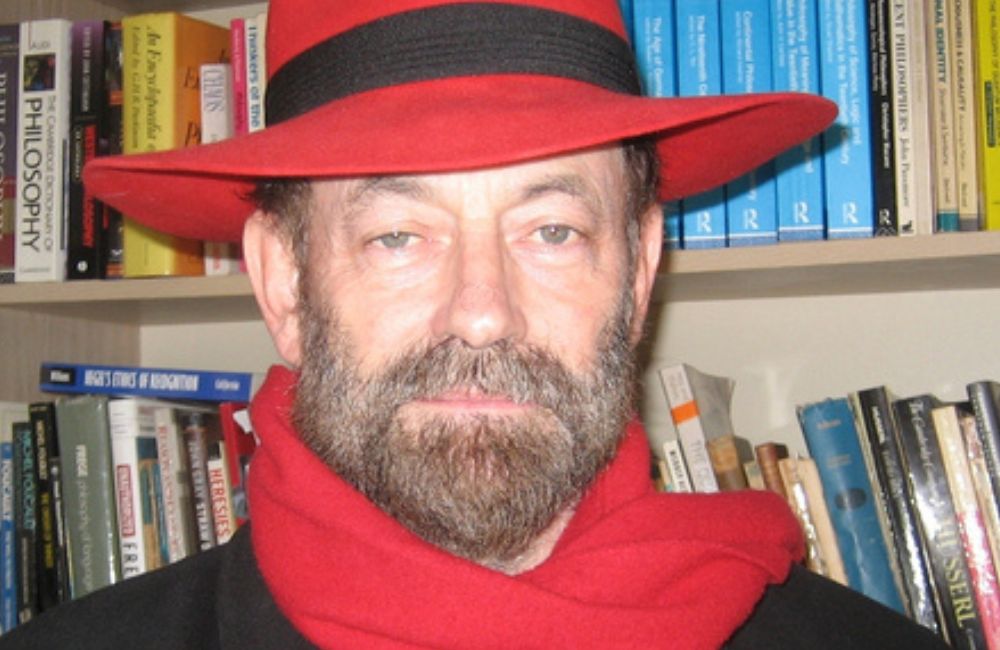The activities and influence of the Vienna Circle are explored by broadcaster and academic David Edmonds in this recording of a live online talk delivered as part of the BRLSI’s virtual symposium: “A New Worldview: Vienna 1890-1935.” The Vienna Circle had promoted ‘Logical Empiricism’, which for a brief period became the most fashionable movement in philosophy. The Circle would meet on a Thursday evening, to discuss causation, induction, probability, infinity and breakthroughs in science. They hoped for a new role for philosophy. They loathed metaphysics, and wanted to distinguish between science and pseudo-science, truth and nonsense. The Circle included intellectual titans like the Marxist economist and sociologist Otto Neurath, the German-born philosopher Rudolf Carnap and the introverted and eccentric logician Kurt Gödel. One of the most important philosophers of science of the twentieth century, Karl Popper, was linked to the Circle, as was the man many believe to be the most significant philosopher of the last century, Ludwig Wittgenstein. * David Edmonds is a radio feature maker at the BBC World Service. He studied at Oxford University, has a PhD in philosophy from the Open University and has held fellowships at the University of Chicago and the University of Michigan. Edmonds is the author of Caste Wars: A Philosophy of Discrimination and co-author with John Eidinow of “Wittgenstein’s Poker: The Story of a Ten-Minute Argument Between Two Great Philosophers” and “Bobby Fischer Goes to War: How the Soviets Lost the Most Extraordinary Chess Match of All Time.” He co-produces the popular podcast series Philosophy Bites. He also presents the Philosophy 24/7 podcast series produced by Hugh Fraser of the Storynory podcast, and consults with Michael Chaplin on the BBC radio plays The Ferryhill Philosophers. He has also written a book on the “trolley problem” entitled “Would You Kill the Fat Man?”. In this he outlines the problem and several of its variations, providing a rounded view on the trolley problem whilst analysing many ethical theories and how they would respond to the trolley problem.



